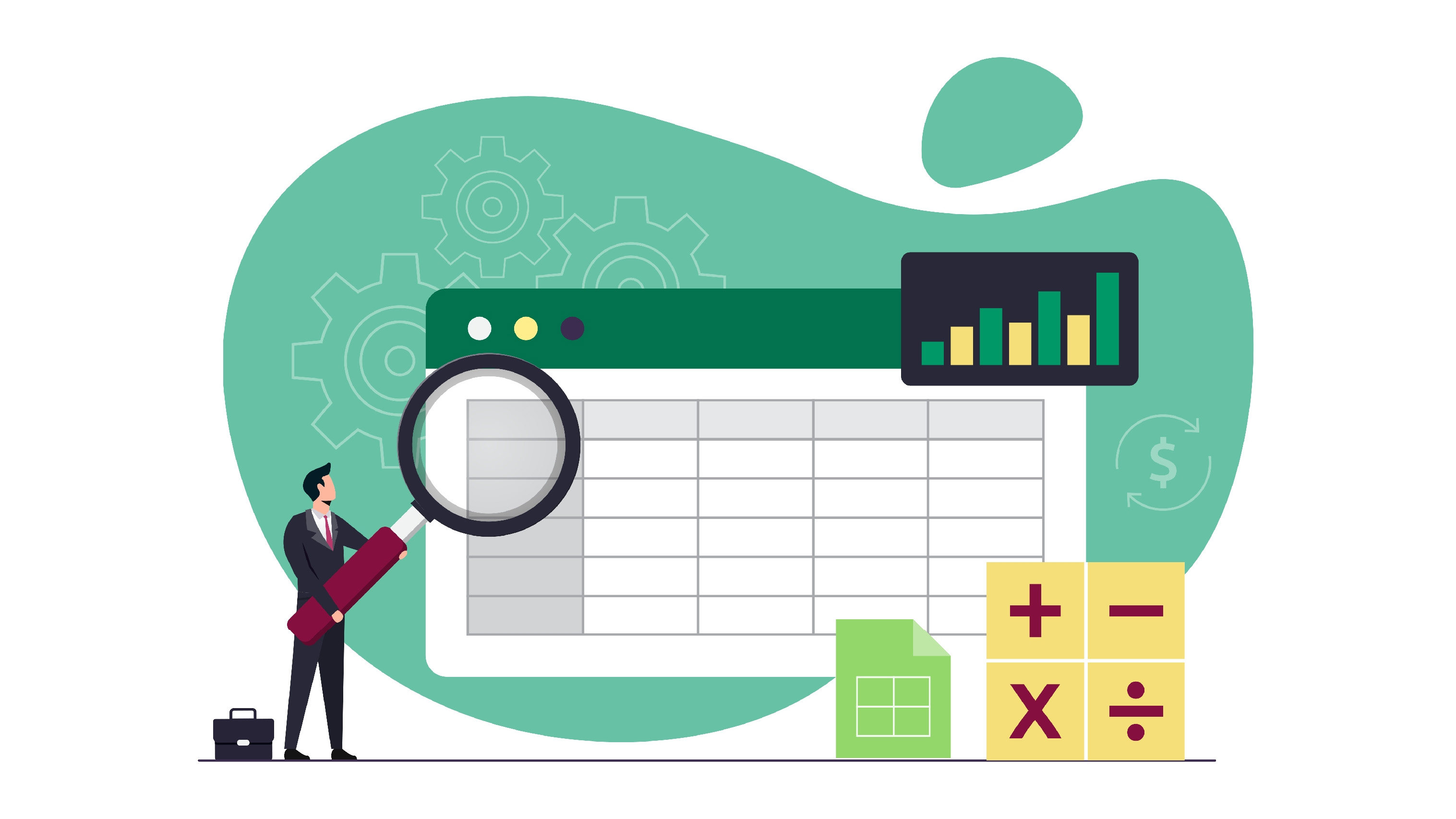
"For decades, spreadsheets have been essential to the accounting world because of their flexibility, familiarity, and how deeply involved they are when it comes to daily workflows. To this day, Microsoft Excel still retains bragging rights as the number one platform of choice when it comes to financial modeling, forecasting, and reporting across businesses of all sizes. But whilst these tools remain flexible and familiar, the downside is that they are becoming increasingly unfit for a world that demands pace, structure, and smart automation."
"But, as companies grow and their workflows become more complex, these traditional spreadsheet models become harder to scale, audit, or integrate with modern data infrastructure. Some spreadsheets lack formal organization, containing inconsistent data entry formats, hidden formulas, and manual overrides. Usually, there is a lack of documentation that explains how calculations are performed or what assumptions are integrated within the model."
Spreadsheets have long been central to accounting because of flexibility, familiarity, and integration into daily workflows, with Microsoft Excel dominant for financial modeling, forecasting, and reporting. However, traditional spreadsheet tools struggle to meet demands for speed, structure, and automation as businesses scale. Many spreadsheets lack formal organization, contain inconsistent data formats, hidden formulas, manual overrides, and little documentation or version control, often existing in siloes on email or individual devices. AI and machine learning systems require structured, high-quality data, clear inputs and outputs, consistent formatting, thorough documentation, and accessible underlying logic, creating a mismatch with common spreadsheet practices.
Read at ChannelPro
Unable to calculate read time
Collection
[
|
...
]